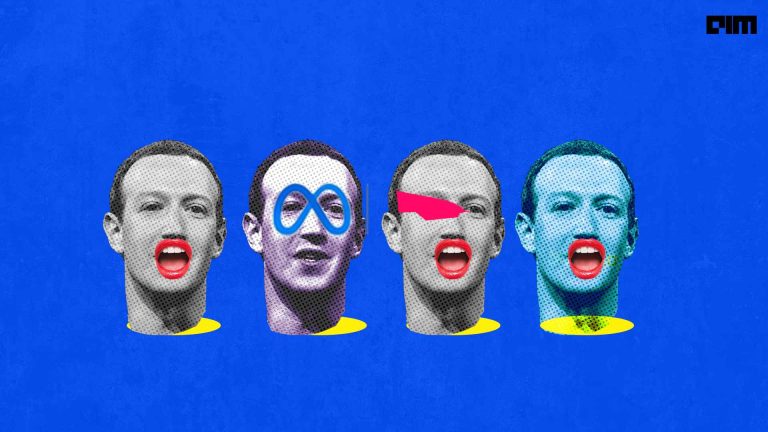Meta’s recently announced subscription service may not be as innocuous as it seems to be, especially when fared against what Twitter is doing. Known as ‘Meta Verified’, the feature allows users to verify their account using a government-issued ID. This begs the question: What business does Meta have collecting users’ personal information?
This rings several alarms. Why? Because this is not the first time that Meta is under the scanner for misusing user information. In the past, the company faced several accusations of leaking user data, most notably in the Cambridge Analytica scandal.
The insistence on personal identification in addition to the subscription fee suggests that Meta’s focus is on content regulation.
Tech giants, including Instagram, had previously sought the assistance of the US Congress in determining the age of their users. Several doubts were raised about this plea, since these platforms possess vast amounts of user data and are more than capable of verifying their users’ age, if their intentions were to do so.
Jeff Chester, the director of the Center for Digital Democracy, expressed scepticism saying, “They want Congress to give them a political out and say do the age gating and all the problems are gone versus regulating the business model”.
Therefore, it won’t be a stretch to assume that integrating government verification into user profiles could serve as a political solution for Meta—eliminating the need for the company to rely on the veil of social media anonymity and user privacy to protect itself from the often-troubled relationships it has with governments.
Dr Ramanand Nand, Director at Center of Policy Research and Governance, expressed similar apprehension on the blurring lines between government and social entities.
“I am against the governmentalisation of social media, mainly because we cannot place trust on these companies, especially considering that in the past we have seen cases where they misused users’ identity information”, Dr Nand told AIM.
Other side of the argument
However, there are few who see the present situation rather differently. For instance, Ranjeet Rane, a technology policy consultant, told AIM, “Across the globe, we see governments, both democratic and otherwise, seeking to regulate this space with an increasing sense of urgency. The verification process—based on the submission of identity and other documents—can help in weeding out misinformation campaigns, a long standing issue faced by social media platforms.”
Furthermore, Rane added that legally there is no law prohibiting these social media companies from monetising account verification. In fact, the revised Information Technology (Intermediary Guidelines and Digital Media Ethics Code) Rules, 2021, has a provision for significant social media intermediaries to enable account verification for users, albeit voluntarily.
Louis Rosenberg, the CEO of Unanimous AI, offered his opinion on whether companies should have access to users’ personal data. He said, “I suspect the use of government ID is simply the most convenient and verifiable way to prove identity. It’s generally why governments issue IDs.”
Digital Identity: A Preparation for metaverse?
Digital identity is touted to be the most essential component in how we will operate in the social media world, or the metaverse, in years to come.
“Subscription identity verification could be even more important in the metaverse where it is critical to know that the person you are interacting with is precisely who they claim to be,” Louis Rosenberg told AIM.
During the 2023 World Economic Forum (WEF), the argument in favour of the proposition was overwhelmingly affirmative, and it went as follows: “To achieve this frictionless state, good system-wide interoperability of the metaverse should consider interests such as privacy, security and safety. Given the borderless nature of the metaverse, multistakeholder and multilateral collaboration will be required to reach consensus on design choices, best practices, standards and management activities.”
The multiple stakeholders mentioned above include not only creators and users, but also governments, businesses and civil society.
Each user will be assigned a unique avatar linked to their digital identity, serving as a universal identifier for accessing various experiences in the physical and digital worlds. The 2018 World Economic Forum insight report highlighted that digital identities will control our access to products, services, and information and act as a gateway, dictating what we can and cannot access.
The WEF has been in favour of “fostering passporting” in the metaverse, while also pushing for a “democratise adoption,” in an “equitable way”.
Speaking at a press conference in WEF 2023, Assistant Director General for Strategy and Innovation at the Office of the Prime Minister of the UAE, Huda Al Hashimi initially said, “Regulators will be acting more like referees than gatekeepers and code of conduct will take precedence over formulating policies”. However, in discussing the aspect of “passporting”, she also seemed to lean on regulations and standards for global interoperability in the metaverse.
Therefore, while many globalists see ‘digital identity’ as a one-stop solution for all crises, there is no clarity over what it really aims to do and in what ways would it facilitate a “democratic” social landscape. Nevertheless, it will be interesting to see if the Meta verification programme is leading to Meta’s aspirations for metaverse.
































